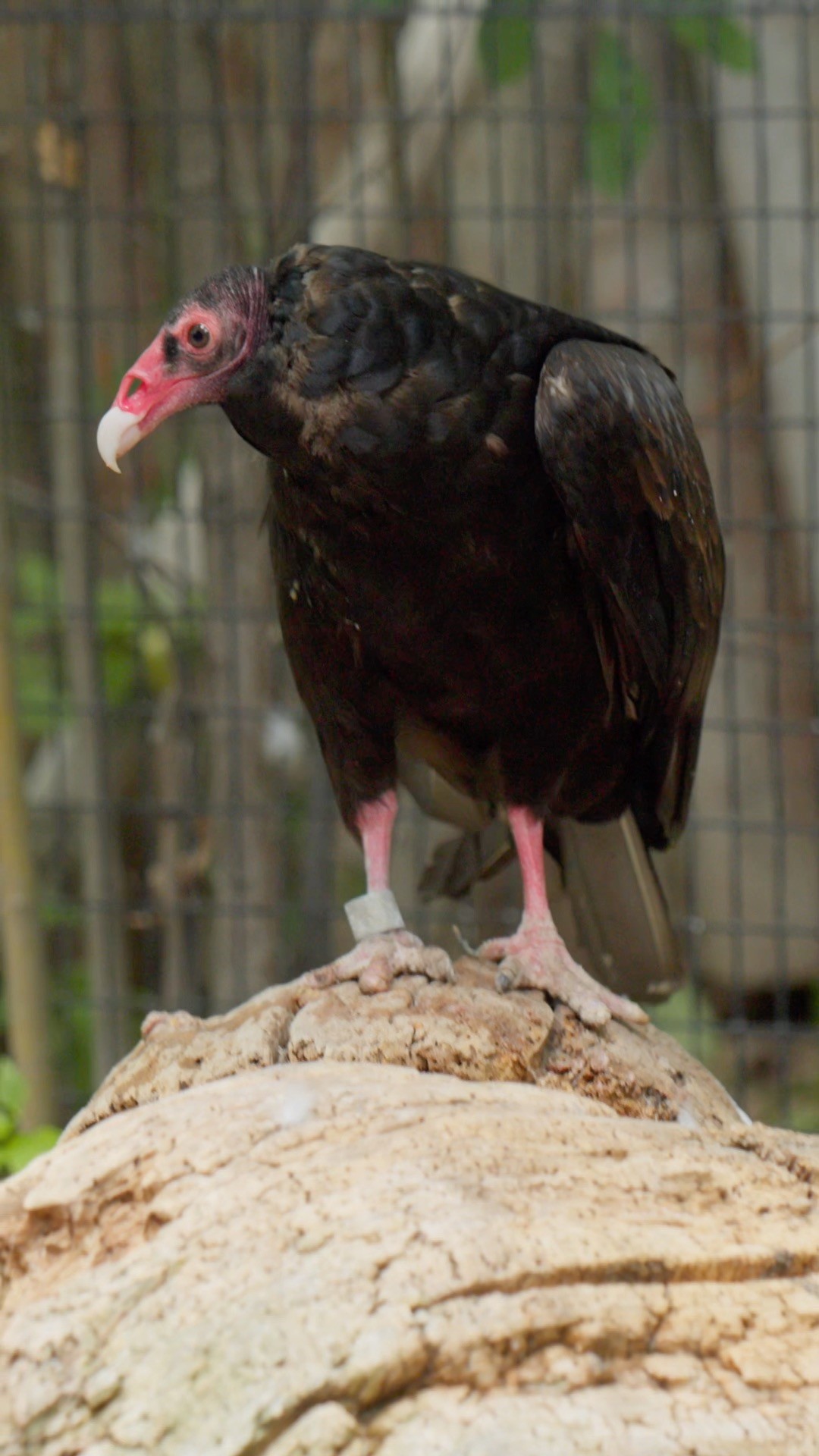- Vulture’s exceptional vision and hunting abilities
- The ecological role of vultures in disease prevention
- The impressive flight capabilities of vultures
- Conservation efforts aimed at protecting vultures
- The significance of Vulture Awareness Day
Vultures possess exceptional vision that allows them to spot a meal from over a mile away, a fact that highlights their status as distinct scavengers in the avian world. Equipped with keen eyesight, vultures can detect the faintest hints of carcasses from great distances. Their large eyes have a high number of photoreceptors, which enhance their ability to see movement and color changes that indicate the presence of rotting animal flesh. This ability is crucial not only for their survival but also for maintaining the balance in ecosystems.
Vultures play an indispensable ecological role, particularly in disease prevention. By consuming carrion, they significantly reduce the risk of spreading infectious diseases. For instance, the remains of animals that die from disease can harbor harmful pathogens. Vultures, by consuming these remains, prevent these pathogens from contaminating the environment. Their digestive systems are highly acidic, which allows them to safely consume rotting flesh without being harmed by pathogens like anthrax or botulism. This natural cleansing service provided by vultures is essential for maintaining healthy ecosystems and reducing the spread of zoonotic diseases that can affect wildlife and humans alike.
Flight is another remarkable aspect of vultures. These birds are known for their ability to soar for hours without flapping their wings, thanks to their large wingspan and specialized flight techniques. Vultures use thermal updrafts to gain altitude without expending energy. They can effortlessly glide at high altitudes for long distances while searching for food. This soaring behavior not only aids in their scavenging but also provides a broad view of the landscape, allowing them to spot potential meals more efficiently.
Despite their valuable contributions to the environment, vultures face numerous threats. Habitat loss, poisoning from eating carcasses contaminated with lead or pesticides, and illegal hunting have led to significant population declines for many vulture species. Conservation efforts are vital to protect these birds and the critical roles they play in their ecosystems. Organizations and wildlife agencies are increasingly working to raise awareness about the challenges vultures face and the importance of their conservation. These efforts include legislative measures, habitat preservation, and public education campaigns aimed at inform the public about vultures’ ecological significance.
Vulture Awareness Day serves as an opportunity to highlight the incredible capabilities and contributions of vultures to the environment. It encourages educational initiatives to foster a more profound respect for these birds, promoting their protection while raising community awareness about biodiversity conservation. Engaging the public through educational workshops and informative campaigns allows individuals to understand vultures’ roles in nature and the challenges they encounter. Moreover, these efforts inspire action towards habitat conservation and responsible wildlife management.
Understanding vultures and acting to protect them is crucial not just for their survival but for the health of the ecosystems they inhabit. By appreciating these essential scavengers, we can work together to ensure their future and the well-being of various ecosystems worldwide. The remarkable vision of vultures, their ecological contributions to disease prevention, and their impressive flight capabilities paint a vivid picture of why these birds deserve our attention and protection. On this Vulture Awareness Day, let us commit to promoting their conservation, ensuring they remain an integral part of our biological landscape for generations to come.
*****
Source Description
Pop quiz: Which bird can spot a meal from over a mile away, help prevent the spread of disease, AND soar for hours without flapping its wings? 🦅
Hint: Today is all about them… Happy Vulture Awareness Day!

